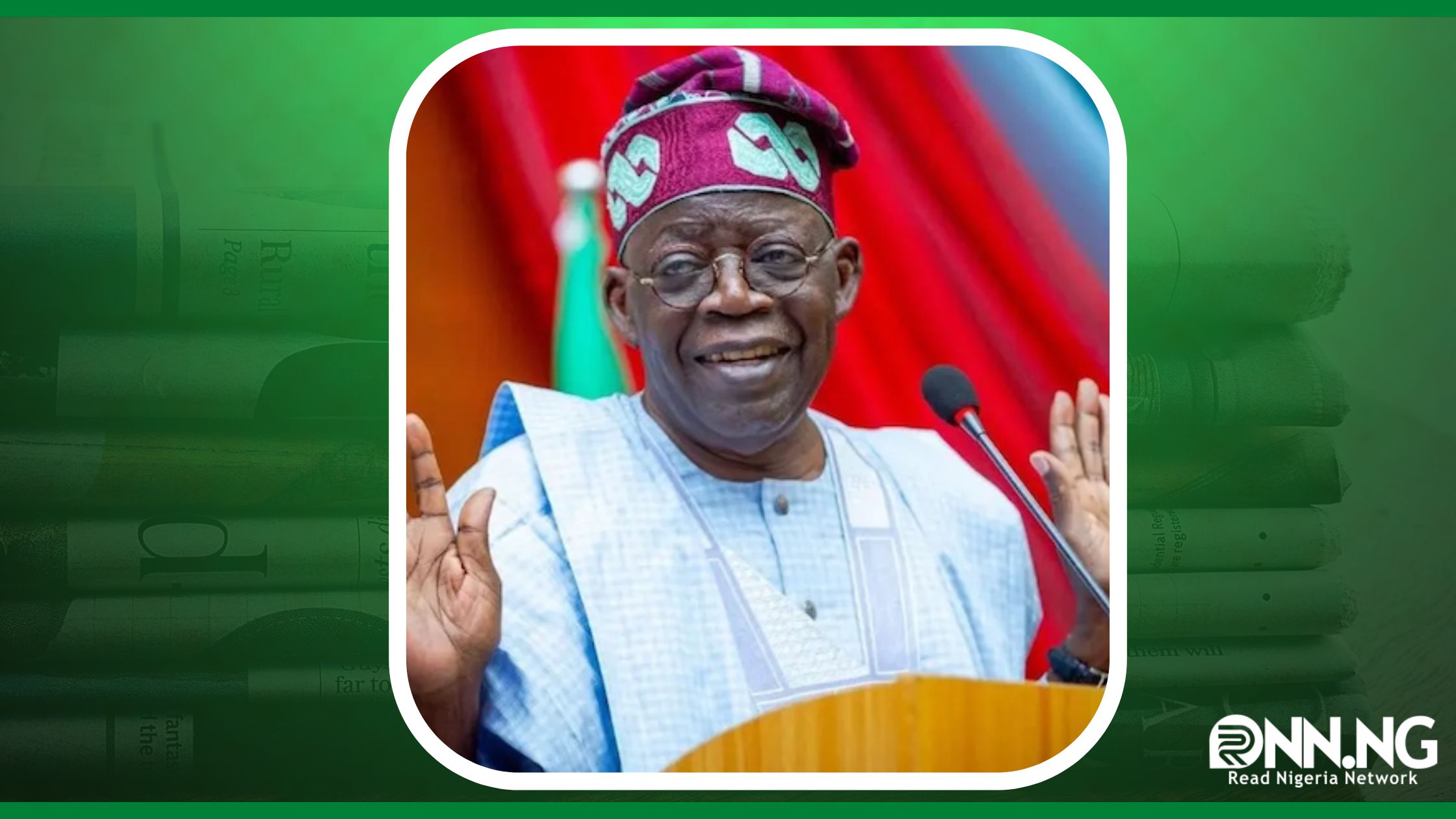Politics
Highlight of Tinubu’s First 7 Days as President of Nigeria
Tinubu’s initial week as Nigeria’s President has been characterized by decisive actions, notable appointments, and public reactions.

After realizing his lifelong ambition of becoming Nigeria’s President, Asiwaju Bola Ahmed Tinubu’s first 7 Days as President of Nigeria raised various questions.
Let’s explore the key highlights and lessons from his 7 days as the president of Nigeria leader.
1. First Appointment(s)
On Tinubu’s first day as President of Nigeria, he made significant appointments to key positions, The State Chief of Protocol, Presidential Spokesman, and Special Adviser on Digital Media were all named, indicating the importance placed on effective communication and media presence.
These appointments demonstrate Tinubu’s commitment to establishing a strong team to handle protocol, manage public relations, and navigate the digital landscape.
Such strategic appointments can shape the tone and direction of his presidency from its early stages.
2. Removal of Fuel Subsidy
On the second day as President of Nigeria, he took a bold step by removing fuel subsidy.
This unexpected decision led to panic buying and long queues at petrol stations, while fuel prices soared, causing hardships for the population.
By swiftly addressing the subsidy issue, he displayed his commitment to tackling challenges head-on, showcasing a strong leadership style in the early stages of his presidency.
3. Meeting Between Tinubu And Chinese Govt Officials
On the third day of Tinubu’s presidency, he met with Chinese government officials to discuss economic cooperation and bilateral relations, showcasing his commitment to international partnerships for economic growth.
Meanwhile, the presence of Senator Remi Tinubu at the meeting alongside Tinubu, Governor Emefiele, and Mele Kyari sparked public reactions.
While some expressed concerns about protocol and conflicts of interest, supporters argued that she attended as a politician, not solely as the First Lady.
This event emphasized the need for a delicate balance between family involvement in governance and ensuring transparency and fairness in decision-making processes.
4. Appointment of Chief of Staff
On the fourth day of Tinubu’s presidency, he made a significant appointment by selecting Femi Gbajabiamila as his Chief of Staff, a trusted and experienced ally. This decision showcased Tinubu’s dedication to building a capable team to support his governance.
This crucial appointment underscored Tinubu’s commitment to assembling a competent team and fulfilling his commitments to the Nigerian people.
5. Plans to Review Minimum Wage and More Appointments
On day 5, Tinubu addressed the pressing concern of Nigerian workers by announcing plans to review the minimum wage.
Furthermore, he made official appointments, appointing Femi Gbajabiamila as Chief of Staff, Ibrahim Hassan Hadejia as Deputy Chief of Staff, and George Akume as Secretary to the Government of the Federation.
Through these actions, Tinubu demonstrated his proactive governance style and his commitment to enhancing the well-being of the Nigerian people.
6. Reactions to Tinubu’s Appointment
On the sixth day of Tinubu’s presidency, there were different reactions to his recent appointments. Some praised his choices and felt optimistic, while others had concerns about the choice of certain appointees, particularly the SGF, George Akume.
These appointments ignited nationwide debates, showing the public’s strong interest in the direction Tinubu’s administration would take.
They highlighted the importance of transparency and accountability in the selection process, reminding us of the difficulties involved in making crucial decisions in a diverse and ever-changing society.
7. Tinubu Appoints Nuhu as NSA
On the seventh day of Tinubu’s presidency, he made a significant appointment by assigning a police officer, Nuhu, as the National Security Adviser (NSA). This is the first time a police personnel has held such a position.
The appointment generated discussions about the potential impact and advantages of having a law enforcement expert in the role.
It showcased Tinubu’s openness to innovative approaches and his commitment to prioritizing security in his administration’s agenda.
Conclusion
In conclusion, Tinubu’s first seven days as President of Nigeria have been eventful. Furthermore, they have been marked by significant decisions and appointments.
From the removal of fuel subsidy to international meetings and appointments, his leadership style is becoming apparent. The public’s reactions underscore the challenges and expectations that lie ahead for his administration.
